OUR SECURITY ANALYSES
View security analysis
Port Sudan at the Crossroads of the Drone War
Long spared by the fighting, Port Sudan has now become a mirror of a conflict gradually engulfing...
Wagner and Africa Corps in West Africa: Security Implications of Russia’s Presence
Africa’s Evolving Security Landscape West Africa and the Sahel are undergoing a profound reconfig...
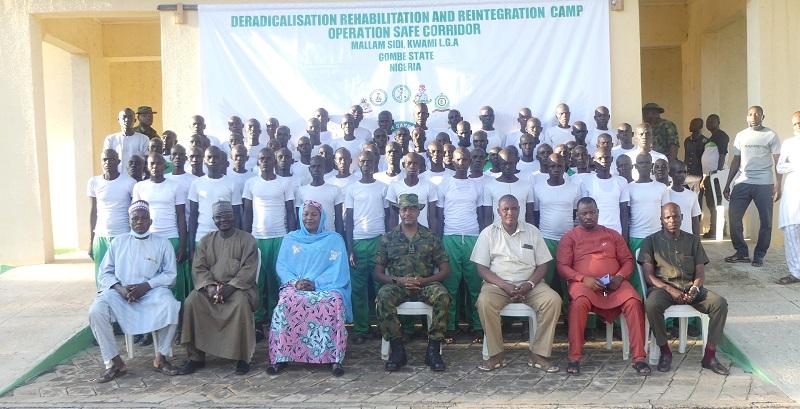
Terrorism in Nigeria: Evolving Strategies and Reintegration Policies
In response to the persistent attacks by terrorist groups across Nigeria, the government is incre...
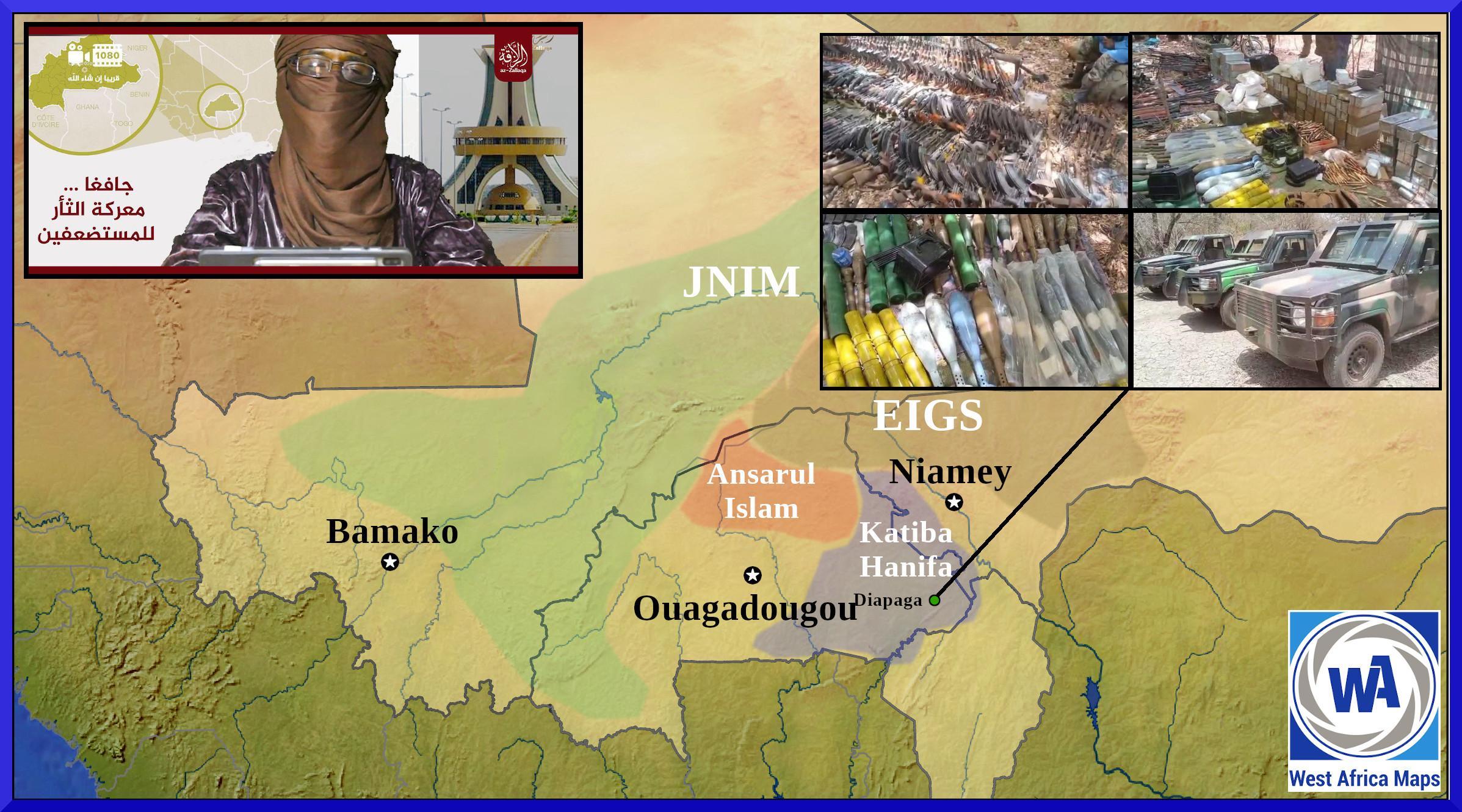
Terrorism in the Sahel: How Do Jihadist Groups Acquire Their Weapons?
During the March 28 attack in Diapaga, Burkina Faso, jihadists seized a large quantity of weapons...
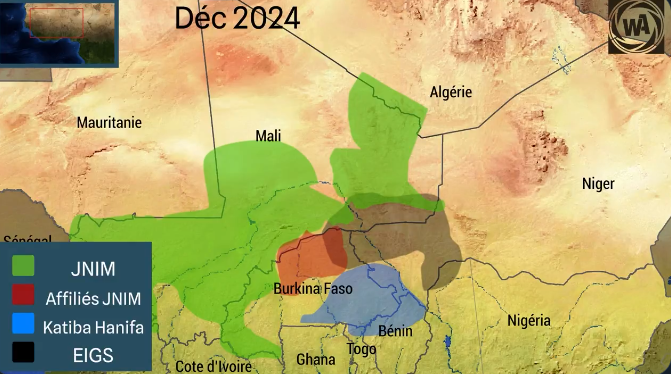
JNIM in the Sahel: Recent Developments and Area of Influence
JNIM is one of the most influential Islamist terrorist organizations in the world. As of 2025, th...
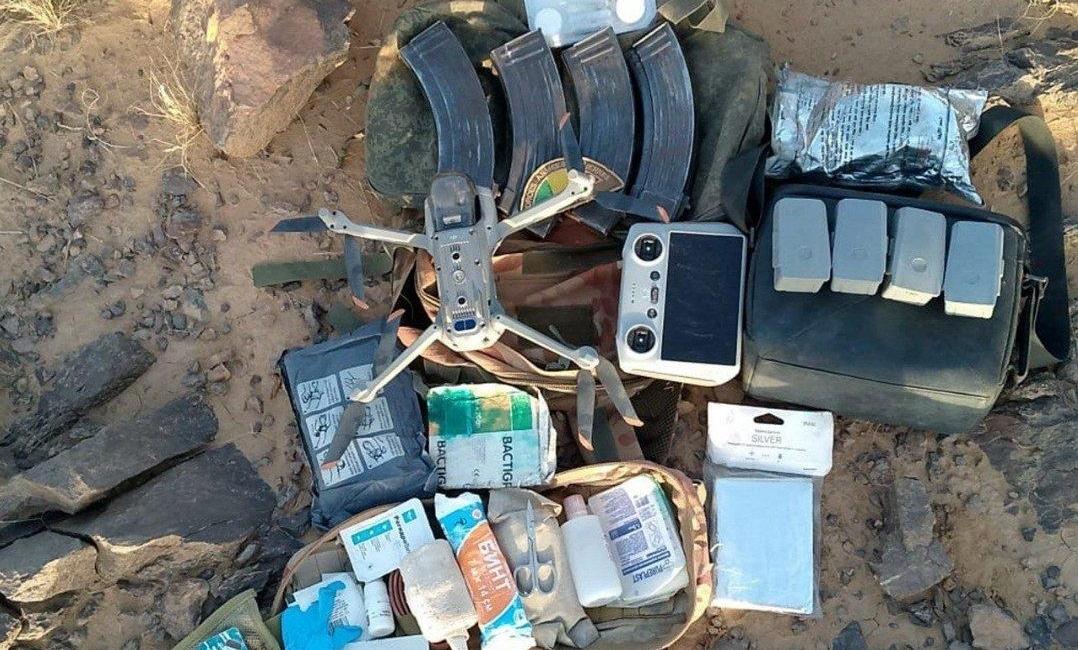
Military FPV drone: a growing threat in West African conflicts
FPV drones have made their appearance in conflicts in West Africa and the Sahel. Terrorist groups...
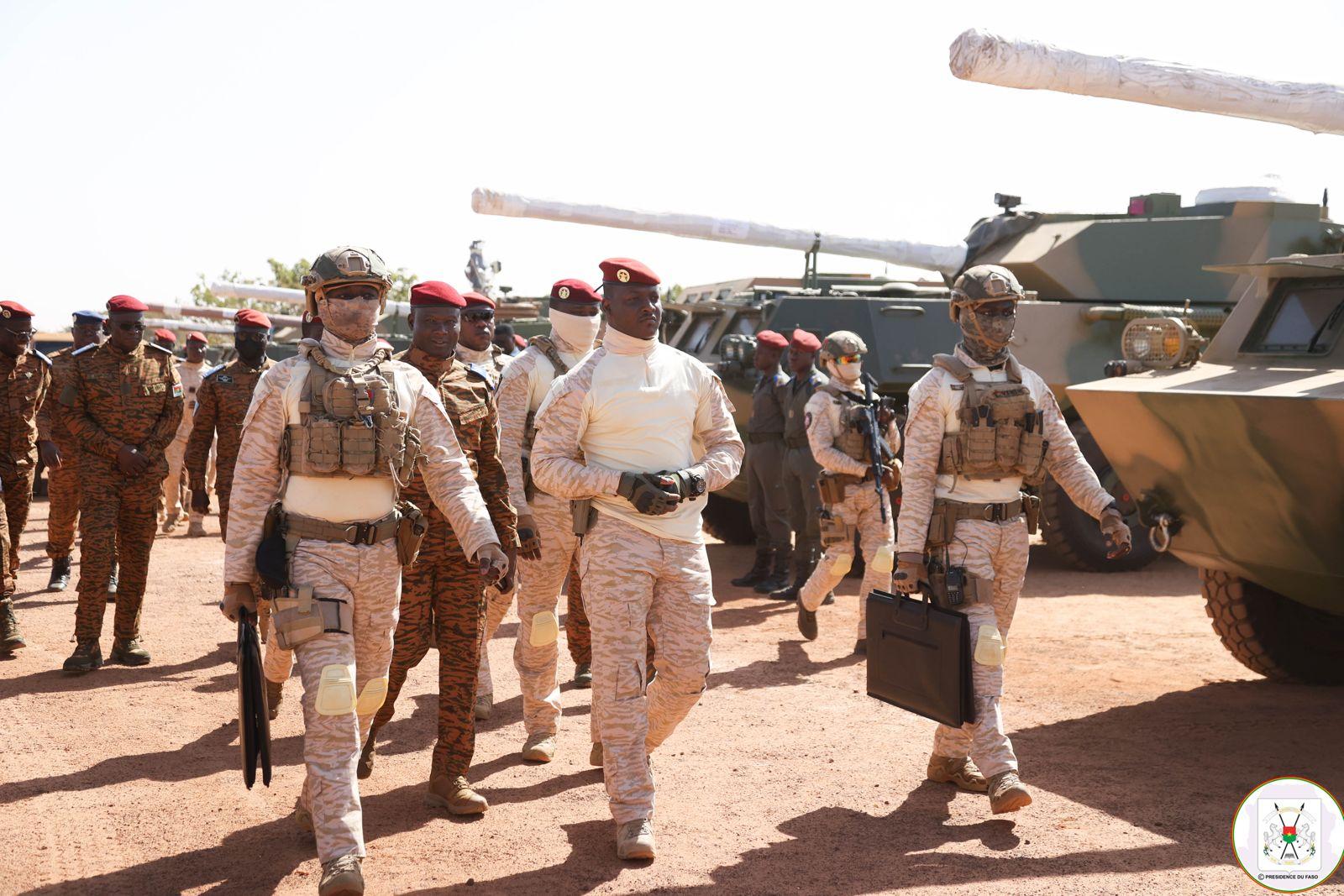
Terrorism in Burkina Faso: The Army Struggles to Contain the Jihadist Threat in the North
Since January 30, 2025, Burkina Faso’s northern Soum province has suffered seven terrorist attack...
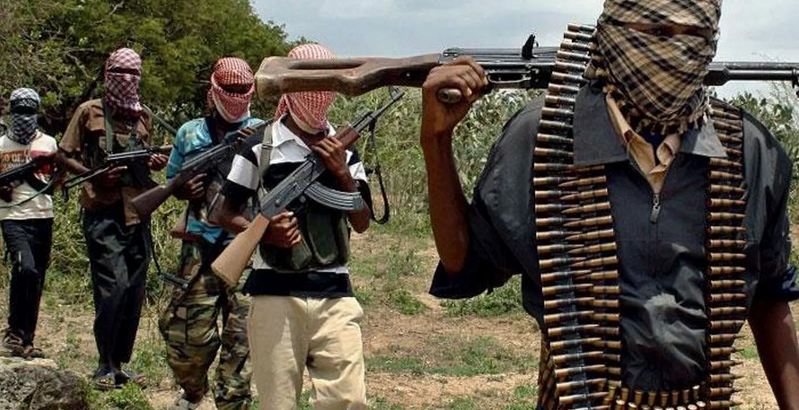
Terrorism in the Sahel: The Limits of State Cooperation
"Africa remains the epicenter of global terrorism," lamented Amina J. Mohammed, Deputy Secretary-...

Improvised Explosive Devices (IEDs): carnage in Mali and Burkina Faso
In Mali and Burkina Faso, improvised explosive devices have become the weapon of choice for terro...